The 2023 World Environment Day will be marked on June 5.
This day was designated 50 years by the United Nations to raise awareness and action for environmental protection.
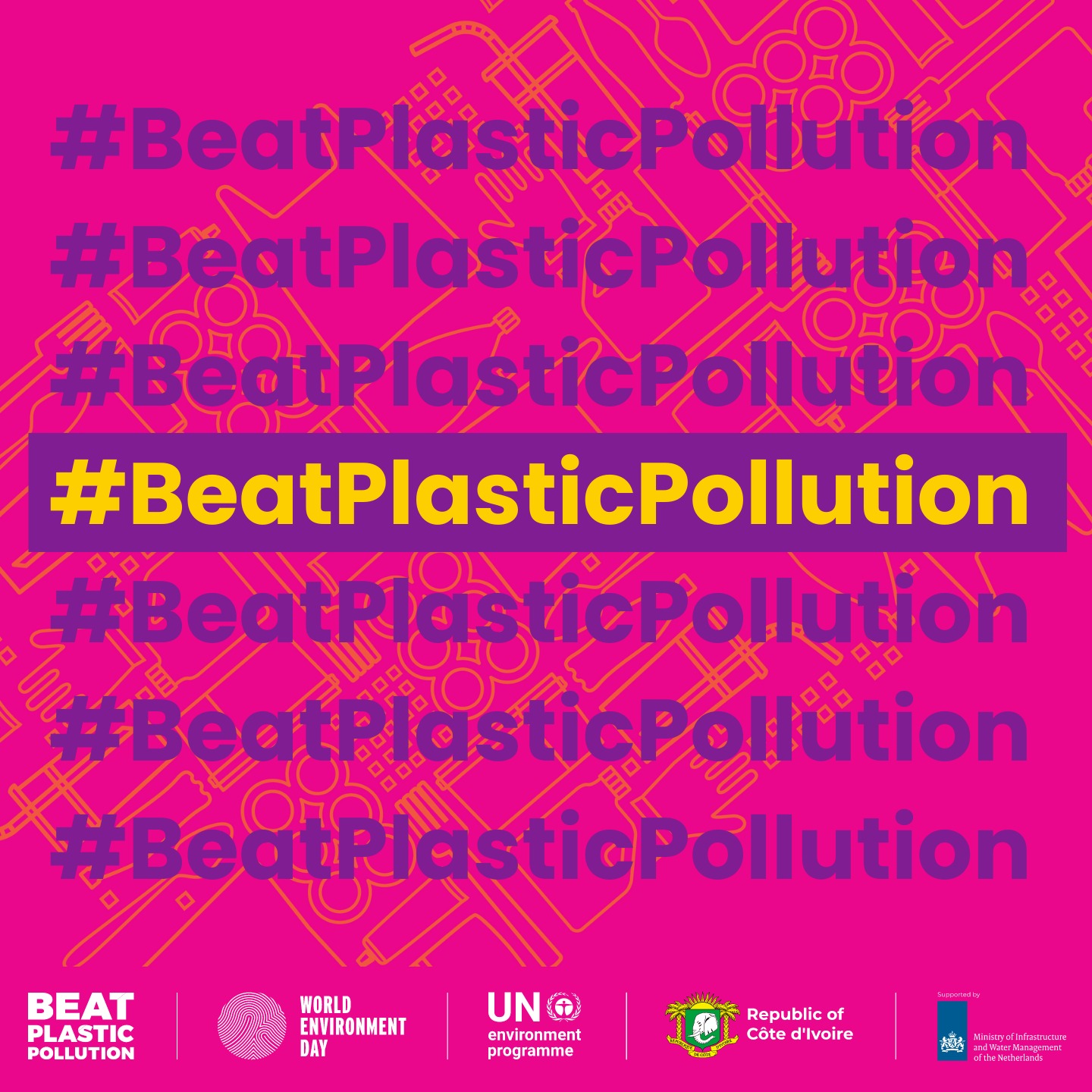
This year’s event is being hosted by Cote d’Ivoire and the theme is solutions to plastic pollution under the campaign #BeatPlasticPollution which the UN launched in 2018.
Individual enterprises in cities like Nairobi are also making a difference by demonstrating how to use plastic waste more sustainably.
With an African country hosting the event, it is prudent to ask just how sub-Saharan Africa, a region that generates about 17 million tons of plastic waste annually and has the highest percentage of countries with plastic bag bans has fared in this global campaign.
Thirty-four out of 54 African countries have either enacted legislation prohibiting plastics and implemented it or had a law with the purpose of implementation, including placing significant fees on plastic products.
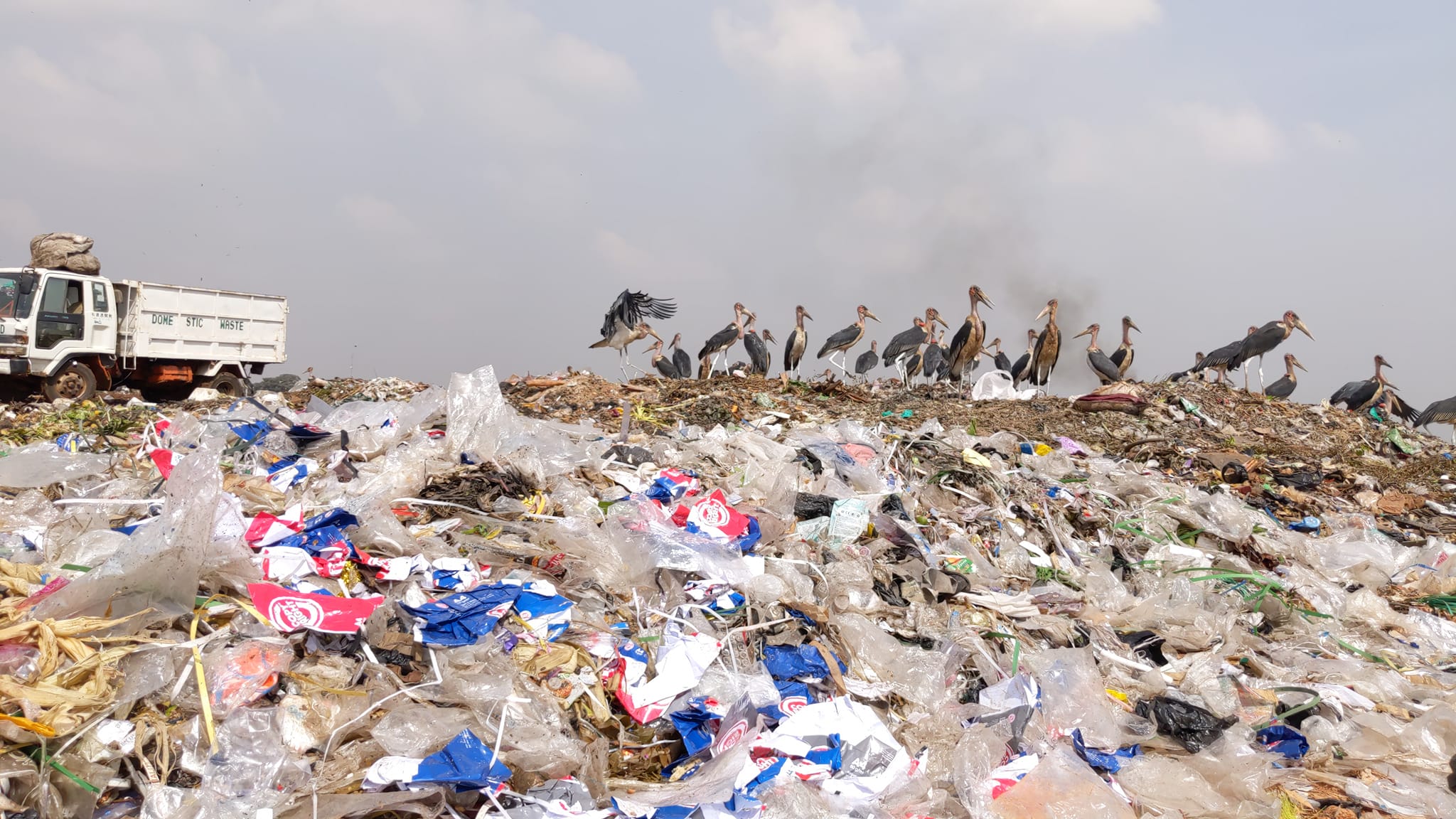
“Even with those measures, the Beat Plastic Pollution campaign in sub-Saharan Africa is still a work in progress,” said Dorothy Abalo, a Ugandan environmental scientist.
“Plastic waste in Africa is still largely mismanaged, as referenced in the 2022 Global Plastics Outlook report by the Organization for Economic Co-operation and Development.”
According to the report, 64 percent of plastic waste in Africa was either dumped or lost in the environment, and 30 percent ended up in landfills, the highest rate globally, compared to a global average of 22 percent.”
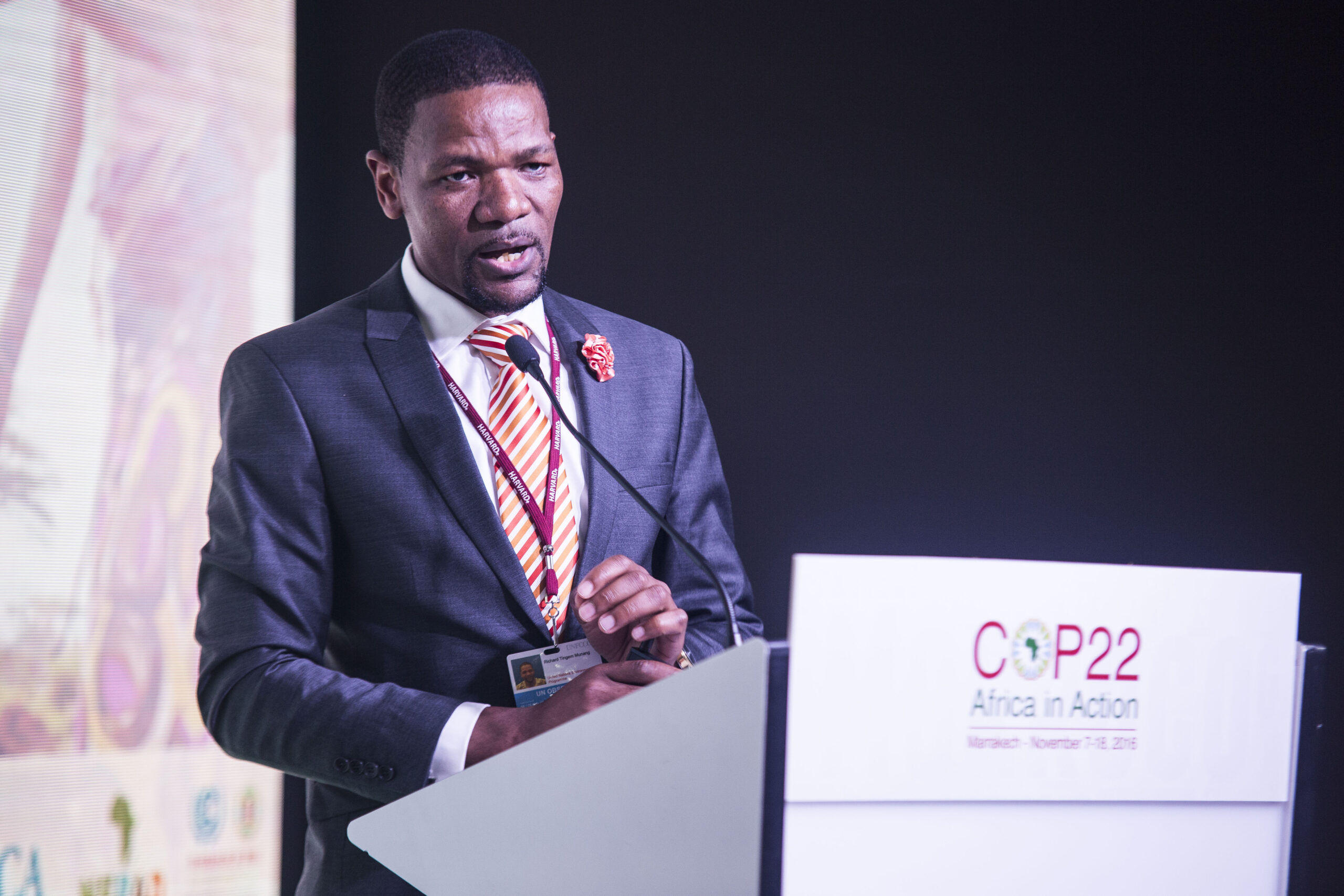
Dr Richard Munang, Deputy Regional Director of the United Nations Environment Programme (UNEP) Africa Office, also stated that the Beat Plastic Pollution campaign on the continent was still a work in progress.
He said the regulations pitted the environment against economies and recycling and incineration were still wanting.
“For example, in one country, partial plastic bans resulted in a 60 to 90 percent job loss in the plastics industry,” he said.
“Many African countries have ratified multilateral environmental agreements on waste management, but lack of recycling infrastructure, corruption, and failure to enforce legislation frustrate implementation.”
A recent UNEP study, Turning off the Tap: How the World Can End Plastic Pollution and Create a Circular Ecosystem, indicates that plastic pollution could be reduced by 80 percent by 2040 if countries and companies made deep policy and market shifts using existing technologies to drive circularity.
“Africa risks being a dustbin of plastic bags and waste, with less than 10 percent of plastics being recycled. This waste ends up in the open environment where it blocks drainage systems leading to flooding and compounding health risks associated with plastic waste,” Munang said.
He noted that while legislative efforts to ban the use of plastics or impose heavy taxes on plastic products have been ongoing in sub-Saharan Africa since 2000, their success is negligible.
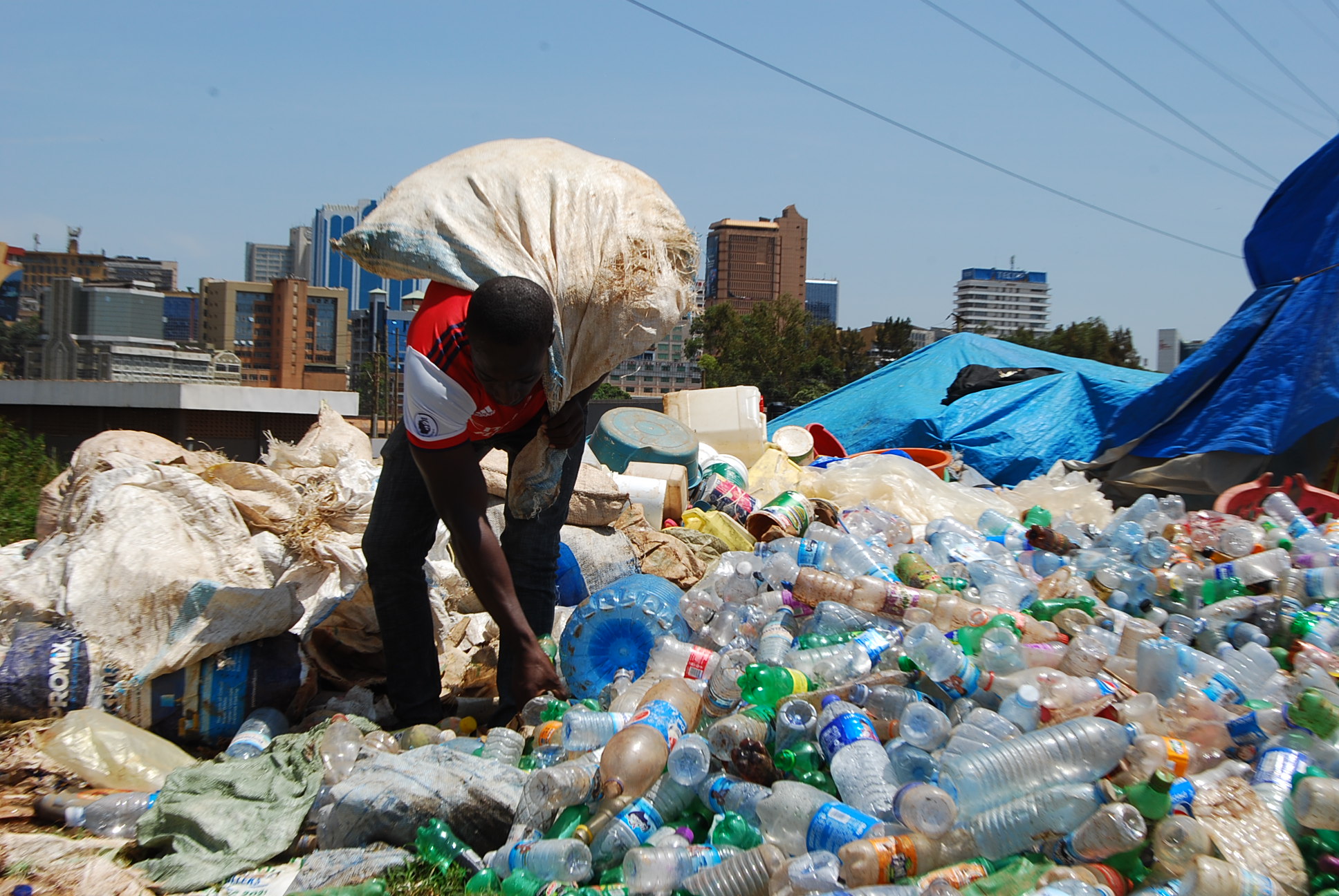
In the book titled Digital Innovations for a circular plastic economy in Africa, scholars Muyiwa Oyinlola, Oluwaseun Kolade, and others from the universities of Sheffield Hallam, De Montfort, Namibia, Coventry, and the Circular Economy Innovation Partnership, wrote that many African countries’ plastic pollution challenges were due to under-par infrastructure and poor waste management systems.
Some major African economies are bringing change with circular economy waste management solutions and have created over 30000 jobs.
“Many African countries have ratified multilateral environmental agreements on waste management, but lack of recycling infrastructure, corruption, and failure to enforce legislation frustrate the implementation of proper waste management systems,” said Abalo.
According to the Chatham House’s Circular Economy Earth policy tracker, 50 out of 54 African countries currently have some form of waste management policy, strategies, or legislation.
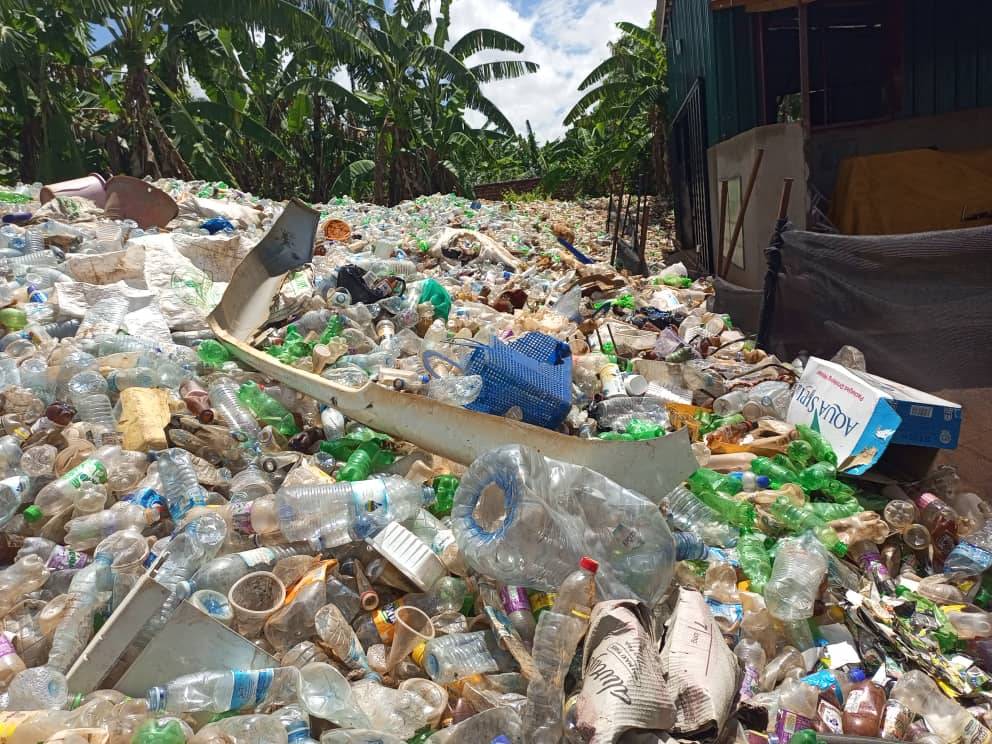
Regional experts have also noted that, in addition to negatively impacting the region’s natural ecosystems, health, climate, livelihoods, land, and animal life, mismanaged plastic waste may also impede progress toward Goal Number 7 of the African Union’s Agenda 2063.
In Cameroon, young ICT-savvy people are also breaking new ground by applying innovative concepts that enhance plastic waste recycling.
In a recent research article, University of Kentucky scholars Dimitrios Karadimas, Emilye Garner, and Jeffrey Seay, argue that unless the market value of plastic waste in the Global South increases, it will simply be discarded in the environment.
Changing the status quo
But it is not all doom and gloom.
Some major African economies such as Nigeria, South Africa, Kenya, Cote d’Ivoire, and Cameroon are bringing change with circular economy waste management solutions and have created over 30000 jobs — directly and indirectly — and have added over 450 million dollars to their economies.
Cote d’Ivoire, the host country of the 2023 World Environment Day has demonstrated leadership in the fight against plastic pollution since 2014.
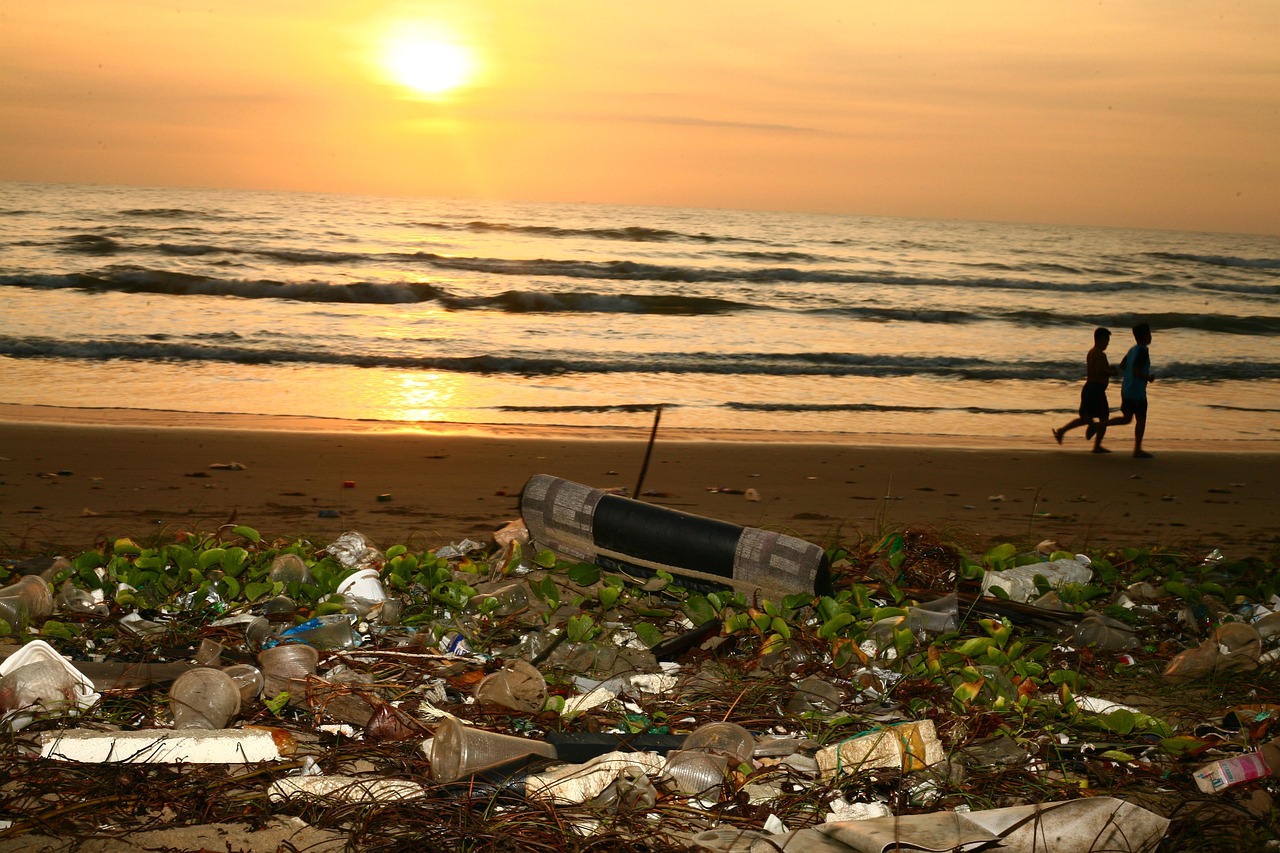
Like Rwanda, it is a shining example of environmental protection, having prohibited the use of plastic bags and promoted the transition to reusable packaging.
Individual enterprises in cities like Nairobi are also making a difference by demonstrating how to use plastic waste more sustainably.
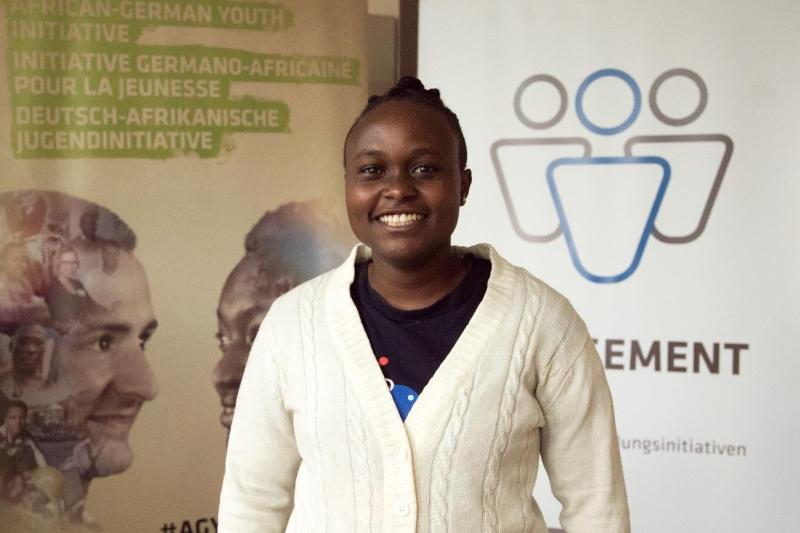
In Kenya’s capital, Nairobi for instance, 31-year-old Nzambi Matee, a materials science graduate and founder of Gjenge Makers, recycles plastic waste into paving tiles.
In Nigeria, Wecyclers provides a rewards-for-recycling network that connects informal waste collectors with bulk recyclers who are compensated based on the volume of rubbish they collect.
The tiles are up to 30 percent cheaper than conventional concrete blocks, five to seven times stronger, and have the potential to save over 11 tons of carbon.
In Cameroon, young ICT-savvy people are also breaking new ground by applying innovative concepts that enhance plastic waste recycling.
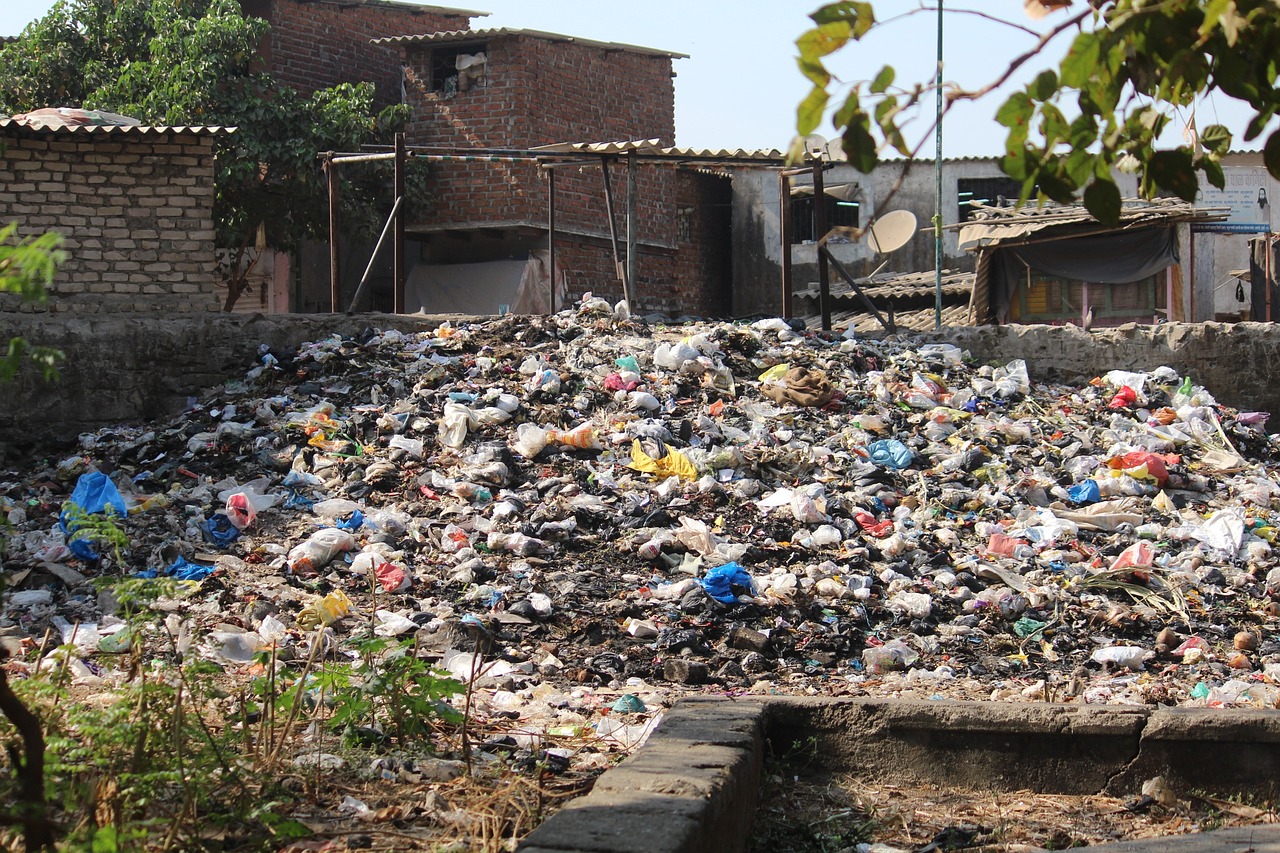
The enterprise — BleagLee — uses drones to map out and find plastic trash sites and share information with local authorities to guarantee the effective deployment of garbage collection resources in areas with the largest waste load.
“Although a circular plastics economy is an essential part of this strategy, it must be combined with other tactics to effectively address the problem of plastic pollution.”
In Nigeria, Wecyclers provides a rewards-for-recycling network that connects informal waste collectors with bulk recyclers who are compensated based on the volume of rubbish they collect.
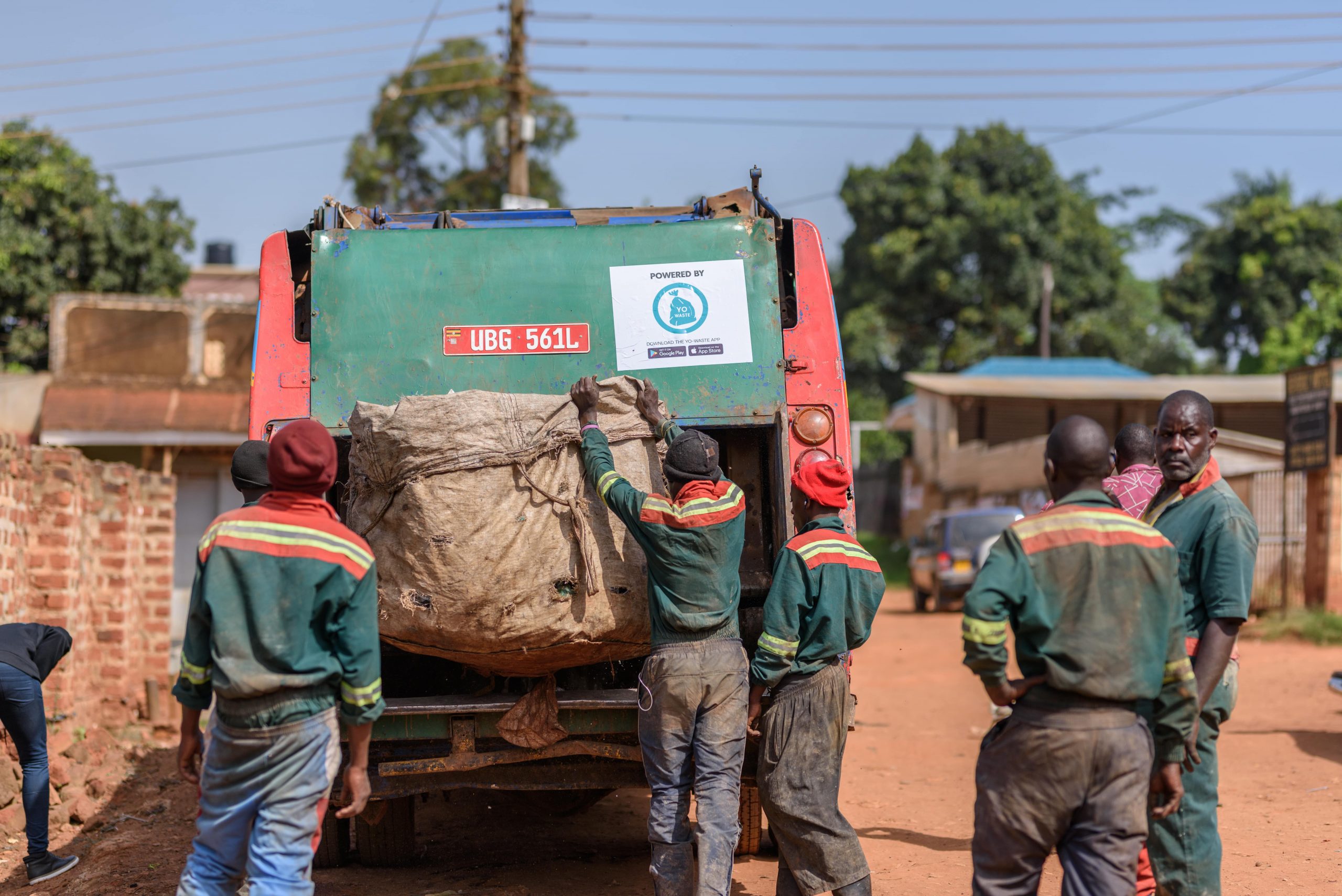
In Uganda, Yo Waste, a technological start-up, has developed a cloud-based service that connects waste creators to the nearest garbage haulers.
In Zambia, Recyclebot connects garbage sellers and waste buyers through a crowdsourcing platform that aggregates waste by category and region.
Plastic waste producers effectively dispose of their garbage for free, while waste consumers avoid the costs of separation, transfer, and storage.
What is still needed
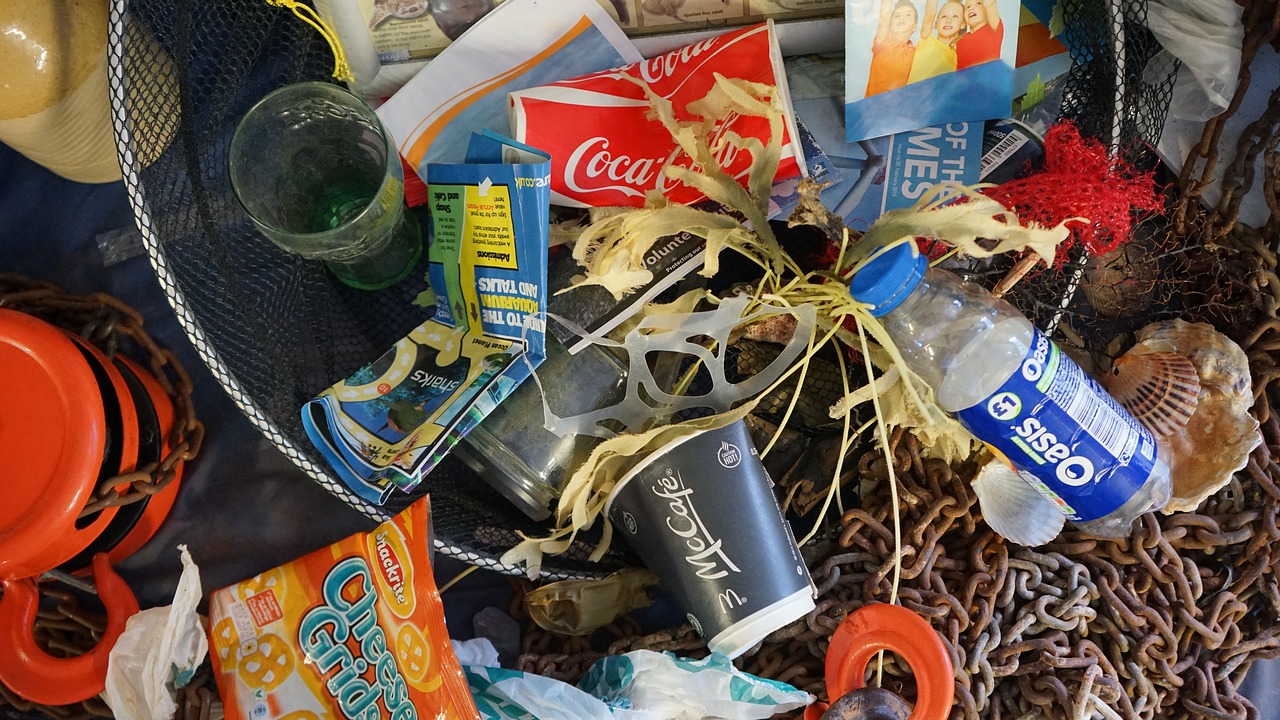
“The plastic pollutants on African shores do not originate from Africa. A significant proportion is produced in developed, industrialized countries,” said Munang.
“So, regulating the production and use of plastics at the global scale is what is urgently needed by Africa and other nations to combat this transboundary problem.”
He added: “It is why the continents’ participation in the international negotiations towards a legally binding treaty on plastic pollution is of utmost importance.”

Dr Ahmed Lateef Tayo, the registrar general of the African Institute of Waste Management and Environmental Studies in Kaduna, Nigeria said awareness and education, infrastructure development, plastic substitutes, recycling, circular economy concepts, and innovation in sub-Saharan Africa can successfully combat plastic pollution.
“Sub-Saharan Africa needs to push for an enabling circular economy (reuse, reduce, and recycle) policy and regulatory framework to ensure its success.”
“Although a circular plastics economy is an essential part of this strategy, it must be combined with other tactics to effectively address the problem of plastic pollution in the region,” Tayo said.
In a recent write-up, Patience Nsereko, a principal environment inspector at Uganda’s National Environment Authority said Africa needs to build on progress made during the plastics treaty negotiations.
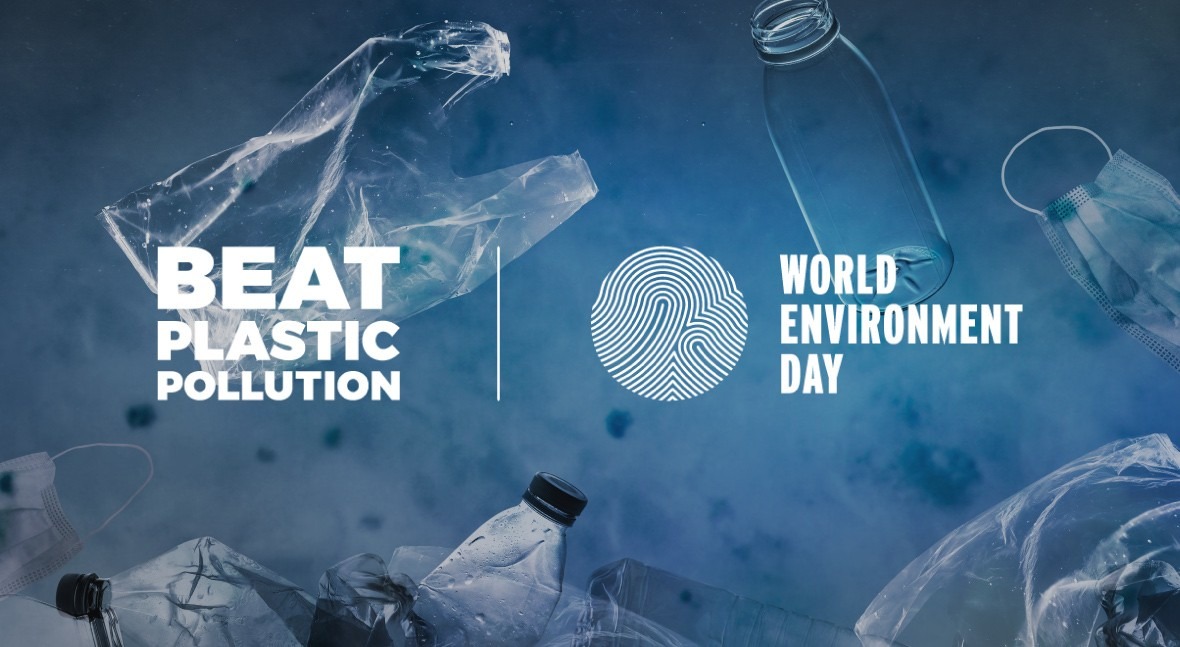
The negotiations aimed at developing a legally binding instrument on plastic pollution and the policy support from the 2019 African Ministerial Conference on Environment (AMCEN), which committed to support global action to address plastic pollution and accelerate actions towards a circular economy.
“Sub-Saharan Africa needs to push for an enabling circular economy (reuse, reduce, and recycle) policy and regulatory framework to ensure its success. The urgency to prioritize circularity in plastics in Africa is high,” Munang said.
In Zambia, Recyclebot connects garbage sellers and waste buyers through a crowdsourcing platform that aggregates waste by category and region.
“Recycling can reduce plastic pollution by a further 20 percent, while reorientation and diversifying can result in an additional 17 percent reduction. The possible economic opportunities are up to 1.27 trillion dollars in direct savings and a net increase of 700,000 jobs by 2040.”
Environmental experts also point out that more progress will be made in the region’s Beat plastic pollution campaign once collective efforts, such as the 2022 endorsement to forge a legally binding agreement to end plastic pollution agreed upon at the UN Environment Assembly in Nairobi, are strengthened.
